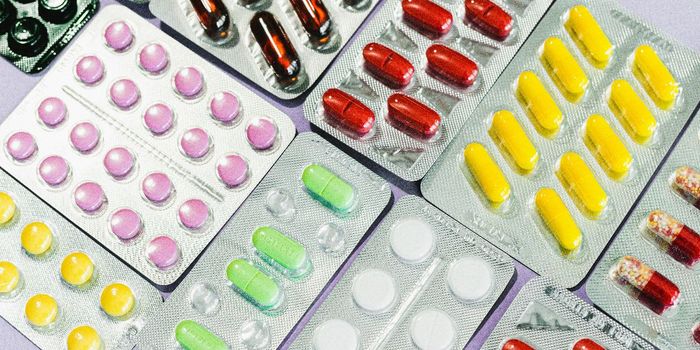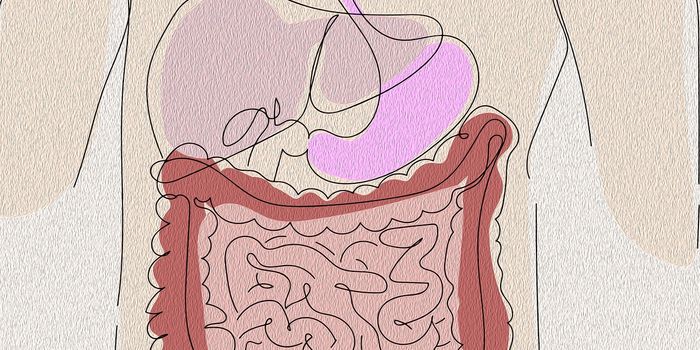For atherosclerosis patients who experience a wide range of side effects to cholesterol-lowering drugs, an alternate option would be life-changing. Although stemming from less than normal means, scientists from the University of Bonn have spent the last six years developing just the right alternate option.
Atherosclerosis is a form of heart disease where plaque buildup inside of the blood vessels limits the heart’s ability to pump oxygen and nutrients through the blood to the body’s tissues. Plaque is made up of fat, cholesterol, calcium, and other components that can come from a person’s diet (
National Heart, Lung, and Blood Institute).
Current drugs for lowering cholesterol to treat atherosclerosis include statins, cholesterol absorption inhibitors, resins, and lipid-lowering therapies (
American Heart Association). These drugs work in different way to reduce the amount of cholesterol clogging the blood vessels during atherosclerosis. For example, statins work by preventing formation of cholesterol in the liver.
A rare disease affecting twin females involved inhibiting their cells’ ability to remove cholesterol. In 2010, their mother pondered whether the drugs used to treat their condition, which cleared cholesterol crystals from cells, would be applicable to heart disease. Scientists from the University of Bonn were equally curious after the theory was brought to their attention, and the soon-to-be six-year study began.
With the study finally completed and published in
Science Translational Medicine, scientists now introduce a drug called cyclodextrin, fresh from both mice and human tissue studies.
Cyclodextrin works by dissolving cholesterol crystals so they can more easily be removed by the body, plus the drug reduces the inflammatory response mounted by the immune system to reduce inflammation surrounding blood vessel walls.
Mice were fed a cholesterol-rich diet before receiving experimental cyclodextrin, and the drug both prevented future plaque formation as well as reduced existing plaque. Similarly, in human tissue, plaque biopsies obtained from human carotid arteries, researchers saw the removal of cholesterol as well as a “reprogramming” of macrophages to lessen their response to inflammation. With some macrophage activity freed up, these immune cells were able to contribute to the cause by picking up and ridding the vessels of cholesterol.
Next up? Funding for clinical trials in humans. Researchers from the University of Bonn are hopeful that cyclodextrin could be the next cholesterol-reducing drug on the market, producing fewer and less severe side effects than other medications.
Source:
The Norwegian University of Science and Technology









